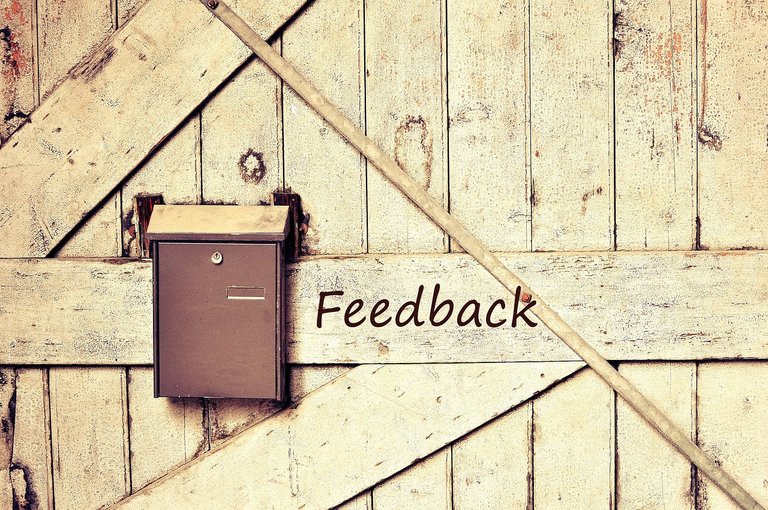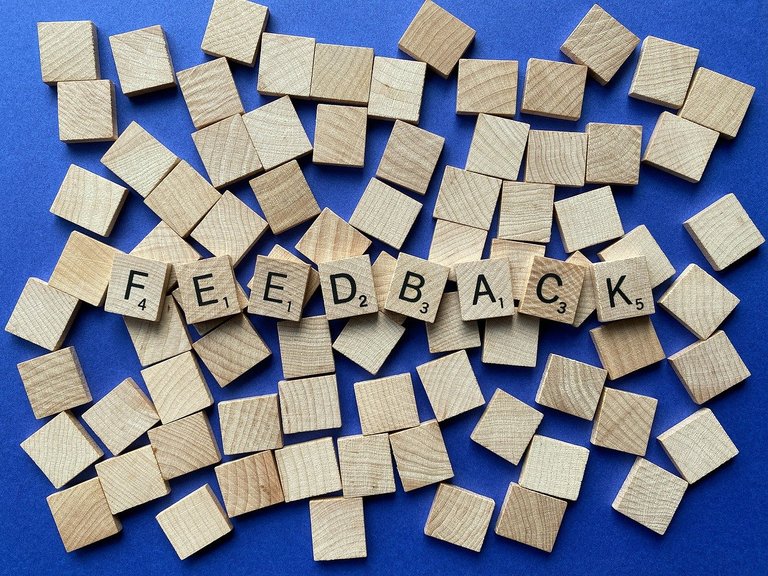Feedback is a part of life that none of us can escape. From school report cards to work appraisals, even reactions to creative performances—the feedback surrounds us. I have slowly realized that effectively managing feedback is a skill that makes a big difference in our personal and professional journeys. I used to fear feedback, especially the negative ones. The criticism made a person feel various kinds of anxiety, such as doubting themselves. Constantly, I aimed for positive reinforcement to find self-worth in my efforts. But in due course, I learned that even negative feedback is invaluable. It just tells you stuff that has to be improved and thus will be a potent catalyst for growth if someone approaches it rightly.

Sourced
Probably the most important thing that I have learned is active listening. Whenever somebody criticized me earlier, I used to jump into defense or sometimes just ignore the feedback immediately. But the real trick lies in stepping back and listening without interrupting, so you get what the other person means. It not only makes the person who gave you the feedback respect you, but it also helps me process it much better. After getting feedback, it is good to reflect on it briefly. At first, I might feel emotional and, hence, end up dismissing the input as it is. However, allowing myself some time to cool down gives me a better understanding of what the input could mean. I consider things in comparison with my own experiences to see if there is something valuable that can be learned or anything else that may be helpful.
Another critical aspect of handling feedback is being open-minded. If I disagree with a comment at one point or another, then it must be wrong, as I used to think. However, now I realize that perception is often related to feedback. Because I look at something differently, that doesn't mean it is wrong. Sometimes, it gives me another perspective and helps me grow, even if I don't agree. Well, after changing my attitude toward viewing feedback as an opportunity to learn, it changed a lot for me. Negative feedback feels more constructive and less fault-finding. I believe that this shift in attitude has made it easier for each human to shift from fearing feedback to embracing it. It's continuous, but I try to use every piece of feedback as a tool for self-improvement.
On the other hand, positive feedback may be equally challenging to process. Quite often, I catch myself diminishing the compliment or being unworthy of the praise. However, one needs to embrace positive feedback. Acknowledge nice words graciously and show appreciation. Sometimes, others observe some strengths in us that we are blind to, and their positive feedback becomes very inspirational. Positive feedback has been a huge source of motivation for me. I actually take more of the positive comments seriously rather than lying back on them; it motivates me to set higher goals and strive for continuous improvement.

Sourced
I've learned to celebrate success. We tend to jump over our accomplishments in the rush of our days from one task to another. Positive feedback has provided a good reason to stop, look around, and celebrate how far along we have come. Not boasting about the recognition, but acknowledging our hard work and progress.
Finally, gratitude plays a huge role in how I handle feedback. Showing appreciation for any type of feedback—whether positive or negative—communicates to a person that he values the time and effort he took to make him grow. Expressing gratitude not only serves to cement relationships but also helps keep my feet planted on the ground and focused on my personal and professional growth.
Posted Using InLeo Alpha